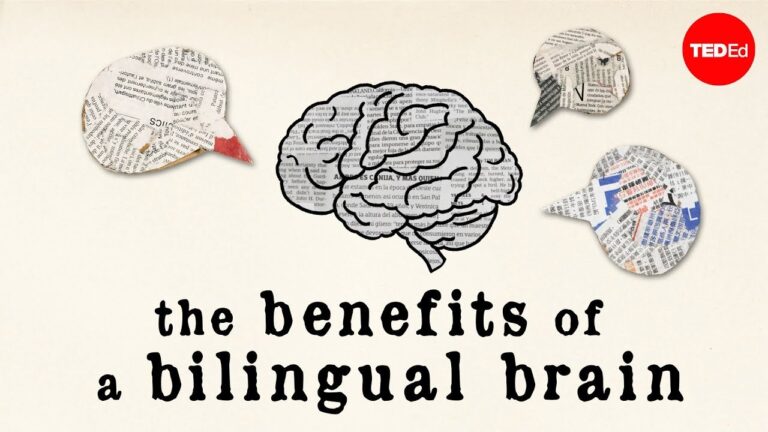As you might expect, the concept of retirement is not for everyone. Boomers today are much less likely to traditionally “retire” than past generations. In fact, almost 40 percent of workers age 65 or above who retired “boomeranged” back to work, according to a RAND Corporation study. The challenge is that older workers often want to change careers after fifty or so years doing the same thing – so when they return to work, it could be to a new “second career.”
While you may have worked in a particular career all your life, in your second career, you may be better off evaluating your personal skill set and pursuing a completely different line of work. Reinventing yourself – and taking some time to explore what you enjoy and what you are good at – may be exhilarating. To the extent that you are financially secure, you can even pursue something because you love it, not because you intend it to produce meaningful income.
Table of Contents
ToggleWhat Is A Second Act Career?
Whatever your career, you may have spent a major portion of your life working to provide for your family. If you’ve been successful at earning a good living and wisely managing your money, you have a stellar opportunity (a second chance if you will) to play in a “second act.” Generally, a second act refers to reinventing or rewiring retirement and doing something you are passionate about, hopefully unconstrained by the need to earn a high income. You may rediscover a passion from your childhood years (not an uncommon phenomenon), or you may decide to pursue something you’ve been passionate about but have never been able to act upon because life has gotten in the way. Whatever that passion is, it may well be just the spark you need to ignite your second act.
Everyone’s definition of a second act is different. For some, it may involve a new, more flexible relationship with an existing employer to phase out of a full-time job into part-time work. For some, it could be transitioning into an entirely new career that is personally fulfilling but may generate more modest income than a previous position. Still others define a second act as a combination of working part-time, volunteering part-time and playing part-time.
My Second Act
Both my wife and I reinvented ourselves after professional careers. We followed our passions and did something different for our second act. She was a sales professional and became a dog groomer because she loves working with dogs. She worked in her own mobile dog grooming business for seven years and generated income. Then she stopped grooming for money because it was too physically strenuous. Now she grooms when she wants just because she enjoys it, as an unpaid volunteer at an animal shelter.
I ran a direct marketing agency for twenty years and then worked for a large advertising agency. When I left my career, I helped my wife start and run her grooming business, applying my own marketing and business operations experience to an endeavor that we could run together. That was gratifying for a time but I always had a love for writing, which was an important part of my professional career. Now I’m an author, blogger and freelance writer. Some of the writing I do generates income, and some I do just because I enjoy it. I work when I want and set my own schedule. I balance my life by combining work time with volunteer time and play time.
One of the things my wife and I had to learn during our boomerang back to work was that the value equation was different. In our previous professional careers, our perceived value was based on financial criteria. The value of time was equivalent to money. Revenue generated per hour, and based on sales, were measures of success and professional pride. That monetary value was important to our careers and to our self-image. Sometimes, it was also the rationalization required to work longer hours and perhaps even neglect family responsibilities.
It took a while to realize that, during our second acts, value doesn’t always have to be related to money. If you have enough money to live on, you learn that it is okay to be less driven by the need to generate income. Mental stimulation and emotional gratification can be just as important.
We’ve been out of the full-time work force for quite some time now, so we are more comfortable with the notion that self-worth doesn’t need to be based on financial and material assets alone. In fact, we both get a great deal of satisfaction doing things that have little or nothing to do with generating income.
The retirement boomerang is a common condition for all of us as we approach our second act. Don’t be perplexed by it. Instead, embrace this as a new way to look at your life and blaze your own trail to your second act.














